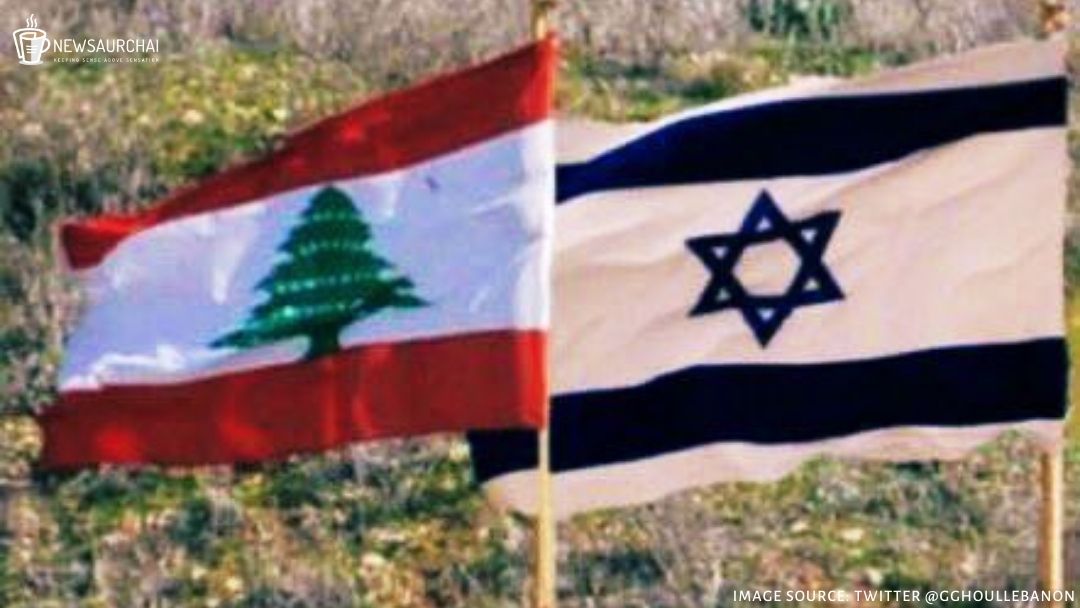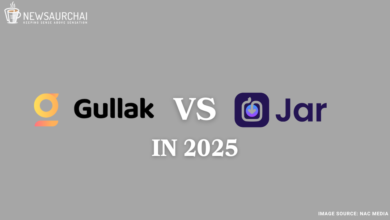
Lebanon-Israel, long time foes, after decades of conflicts, finally sat around the table to talk over the long-standing disputes concerning the maritime border which augmented its relevance after discoveries of natural gas in the eastern Mediterranean waters.
The official enemies and hostile neighbours agreed to open their first negotiations on non-security points after the United States (US)-mediation. The US-mediated talks follow three years of intensive diplomacy by Washington. The talks between Lebanon-Israel were announced within a month of US advanced pressure on political allies of the Iran-backed Lebanese group Hezbollah.
Lebanon is the third Middle Eastern country after the United Arab Emirates and Bahrain which has aligned with Israel.
However, Yuval Steinitz, Israel’s Minister of Energy, in charge of Country’s Atomic Energy Commission and a member of the Security Cabinet tweeted, “We are not talking about negotiations for peace and normalization, rather an attempt to solve a technical-economic dispute that for the past 10 years has delayed the development of offshore natural resources.”
שר האנרגיה ד"ר יובל שטייניץ בראיון למזל מועלם בערוץ הכנסת:
"הציפיות לגבי המו"מ על המים הכלכליים מול לבנון צריכות להיות ריאליות. איננו מדברים על מו"מ לשלום ולנורמליזציה אלא על ניסיון לפתור מחלוקת טכנית-כלכלית שמעכבת כבר עשר שנים את פיתוח אוצרות הטבע בים לטובת רווחתם של עמי האזור" pic.twitter.com/hVD4G2cfDA
— Yuval Steinitz יובל שטייניץ (@steinitz_yuval) October 12, 2020
Nevertheless, US Secretary of State Mike Pompeo has expressed “the decision to go ahead with the talks as historic” and said, “Washington looked forward to separate talks later over disagreements on the two countries’ land border.”
The long-standing dispute between the two countries dates back to 2011 when Israel sanctioned a maritime border agreement with its neighbouring island country Cyprus that used as a reference point a maritime border that Lebanon and Cyprus had agreed to in 2007, but which was not ratified by Lebanon’s parliament.
Later in the year 2011, Lebanon defined its maritime border to the United Nations, stating that it had further included an additional 860 square km (332 square miles) south of the 2007 line. However, Israel disagreed being a part of the agreement, which ultimately lead to the rise of a dispute over the sea borders.
The United States mediation was besieged for decades by contrary views in Lebanon and recurrent political crises both in Israel and Lebanon. Further, Lebanon has emphasized on resolving both it’s land and sea border disputes together and disagreed with Israel on finalizing the deadlines for the negotiations.
However, 2020 marks the historic year as Lebanon-Israel agreed to sit for a negotiation where the US has played as a broker of the hard task. As the US has been involved in the issue for most of the last decade, the timings of the agreements still raised eyebrows.
US says that #Lebanon/Israel “held productive talks and reaffirmed their commitment to continue negotiations later this month.”
This is the only photo we have so far: US and UN officials standing outside the negotiation room. pic.twitter.com/7W4be4zmFJ
— Timour Azhari (@timourazhari) October 14, 2020
It took place as the US ramped up sanctions on Lebanese individuals and entities with ties to Hezbollah. Further, the announcement of negotiations also comes amid the US-sponsored landmark normalization deals between Israel and the United Arab Emirates and Bahrain on September 15. It can also be perceived as an endeavour by US President Donald Trump to advance his foreign policy credentials amid a challenging re-elections campaign.
As the US elections is just around the corner, it will not be wrong to assume that President Trump has touted the deal between the Arabs and Israel to gain momentum in his re-election bid. After all, the deal has already fetched him a Nobel Peace Prize 2020 nomination.
The agreement is significant for Lebanon as it faces a major financial crunch and the deal may reap benefits and gain advantage from the undersea gasoline. Already in distress due to misplaced foreign currency, poverty and unemployment. The August explosion in the Beirut port killing around 190 individuals and destroying colossal swaths of the capital has intensified the distress.
The dispute over 330 sq. miles of the lucrative reservoir in the Mediterranean is declared to be inside their unique financial zones by both Israel and Lebanon. Hence, both the countries are the beneficiaries of the deal. Still, for Israel, it is also about Lebanon taking a soft step towards normalization and recognizing the existence of Israel and ultimately, both the enemy countries acknowledging each other’s border.





